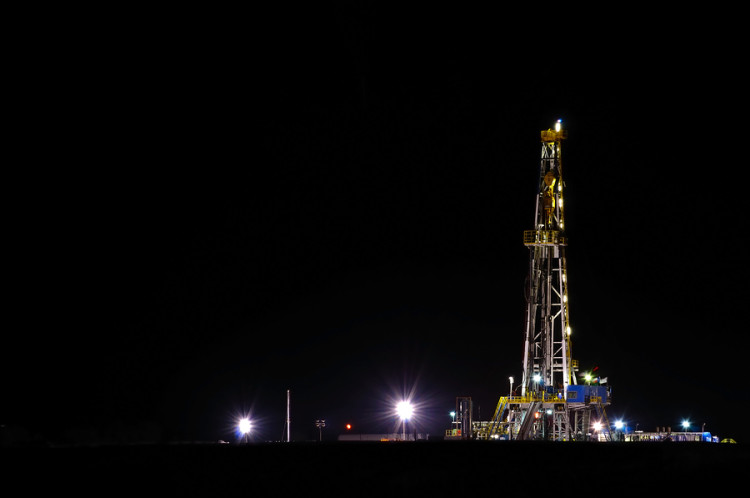Energy ‘Drill-and-Dump’ Roadmap for Private Equity Has Ended

©2015 Bloomberg News
Tina Davis
(Bloomberg) — The biggest players in energy have gathered in Houston for IHS CERAWeek, amid the worst price rout in six years. Here are five takeaways from Wednesday’s sessions:
* For U.S. private-equity firms, the days of drill-and-dump are over, said Blackstone Energy Partners CEO David Foley. Low commodity prices mean the time-tested formula of buying shale acreage, drilling a handful of wells to show there’s gas or oil and then selling out to a major energy producer is dead. “Those days are history,” said Foley, whose firm has invested in wells in Louisiana’s Haynesville shale. Now, the changing North American energy landscape is forcing private-equity firms to turn discoveries into producing fields, which means finding experienced management teams that know how to efficiently harvest the fuel.
* Large investors looking for energy assets are about to get a lot more reckless, said Roberto Simon, head of project and energy finance in the Americas at Societe Generale. “There’s a lot of liquidity in the market,” Simon said. “When you have a lot of money to put to work, your credit standards come down a little bit.” Gas, oil and pipeline projects that financiers would have taken a pass on as too risky a few years ago now are getting a second look because it’s so hard to find investments in other sectors that generate a decent return, he said.
* Liquefied natural gas is still a focus for an industry seeking new markets to help fuel prices recover. As is true for oil producers, clamping down on costs is a major focus — at $60 oil, most LNG projects aren’t profitable, Cheniere Energy CEO Charif Souki said. Souki suggested smaller projects would be a way forward, with costs nearer $1 billion instead of the $15 billion for larger projects like his own export terminal in Louisiana. Floating LNG is another tool for moving the product at a lower price. On costs, “this is an industry that hasn’t been improving; it’s getting worse,” Shell’s Andy Brown said.
* Contracts for LNG are also changing, Souki said he sees suppliers no longer signing 20-year deals and perhaps going as short as two- or three-year agreements. Freeport LNG’s Michael Smith said contracts can be smaller as well, instead of asking a single customer to swallow huge lumps of output from liquefaction facilities under construction.
* Richard Kinder, CEO of pipeline giant Kinder Morgan, reads 50-60 history books a year. So it’s no surprise that he can easily reference a World War II-era pipeline as a model case in government efficiency — something he thinks is sorely lacking with permits today. The Roosevelt administration built a pipeline more than 1,000 miles long in 10 months to avoid German U-boats lurking on the Atlantic Coast during the war. A pipeline of almost the same length, size and cost built by Kinder Morgan in the modern day took four years to build, all because of permitting holdups. “Permitting is the great hurdle to getting a lot of this infrastructure done,” he said.
–With assistance from Joe Carroll in Chicago and Kelly Gilblom in New York.







No Comment